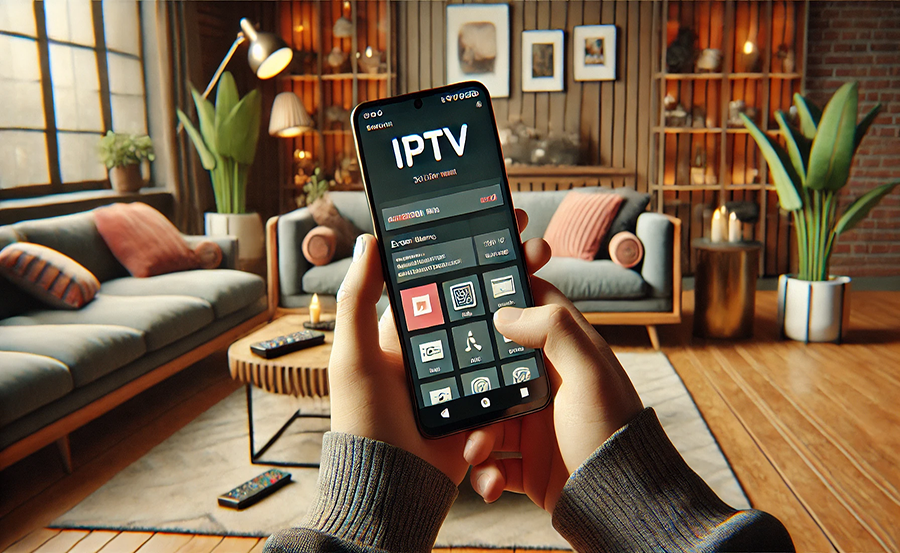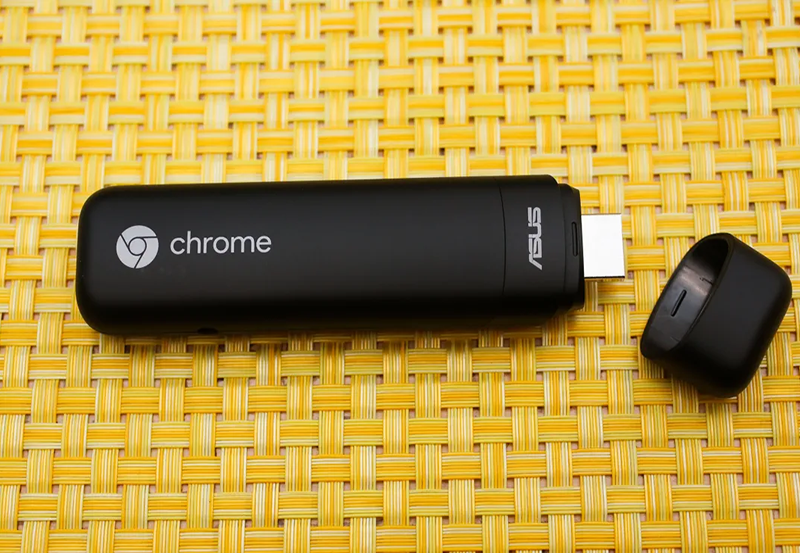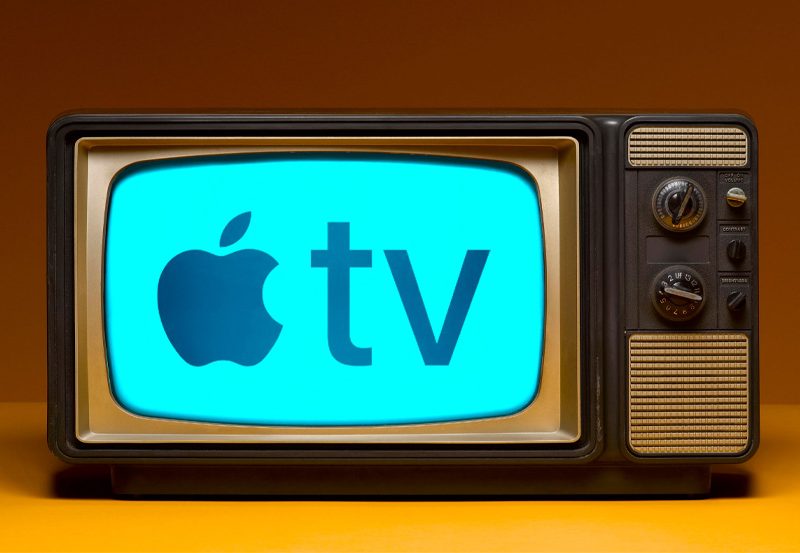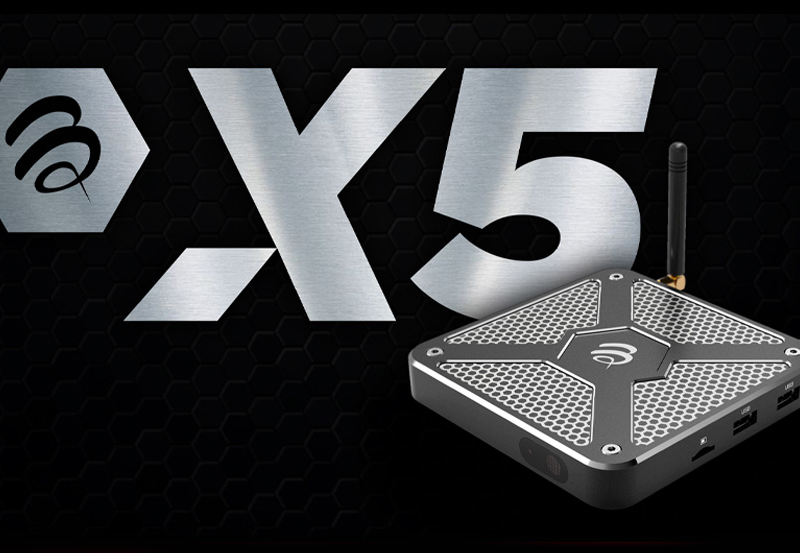In today’s fast-paced world, entertainment has taken a new form with the rise of Internet Protocol Television (IPTV). Whether it’s catching up on the latest episode of your favorite show or watching live sports events, IPTV has transformed how we consume media. However, when it comes to streaming on mobile devices, performance can often be a mixed bag. This is where cache plays a crucial role. In this article, we’ll explore how cache impacts IPTV performance on mobile devices and offer insights for optimizing your experience.
Understanding the Basics: What is Cache?
Cache, in the simplest terms, is a storage layer that helps reduce the time needed to access data. It stores copies of frequently accessed data to speed up retrieval. When you watch Live TV streaming on your mobile device, the cache temporarily holds parts of the video data. This reduces buffering and improves the streaming experience by minimizing the round trip to the server for the same data.
The Types of Cache
Caching comes in various forms, each with its own set of advantages and applications. The most common types include:
- Browser Cache: Speeds up page loading by storing static content like JavaScript and CSS files.
- Disk Cache: Utilizes hard disk space to store persistent data for offline access.
- Memory Cache: Stores data in RAM for ultra-fast retrieval during active sessions.
How Cache Works in IPTV Streaming
IPTV applications leverage both disk cache and memory cache to offer viewers an uninterrupted experience. When you click to watch IPTV on Roku or any other device, the cache temporarily holds the initial chunks of streaming data. This allows the video to play smoothly while the rest of the data continues to load in the background. The key benefit here is a reduction in buffering time, thereby enhancing overall user satisfaction.
Buy 1 Year IPTV Subscription and Enjoy Unlimited Content
Factors Affecting Cache Efficiency
Several factors can impact how effectively cache operates on mobile devices for IPTV. Understanding these can help optimize viewing experiences and improve performance.
Device Storage Limits
Mobile devices come with varying storage capacities. The available storage determines how much cache data can be retained. Devices with limited storage may face issues like cache clearing, which can lead to increased buffering and reduced streaming quality.
Network Connectivity and Speed
Cache relies heavily on the speed and stability of your internet connection. A fast, stable connection ensures that cached data can be accessed quickly and efficiently. On the other hand, unstable connections may cause delays in data retrieval, impacting the overall viewing experience.
Optimizing Cache for Better IPTV Performance
Boosting IPTV performance on mobile devices requires strategic cache optimization. While the process might seem technical, clear steps can be taken to achieve noticeable improvements.
Regular Cache Maintenance
Regularly clearing unnecessary cache files can help ensure that your device operates smoothly. This practice frees up storage space, allowing new, relevant data to be cached effectively. Most mobile devices provide settings to manage cache through application settings.
Leveraging Advanced Cache Settings
Some apps offer advanced caching settings, enabling users to customize how cache is stored and retrieved. By adjusting settings, users can optimize cache usage for improved IPTV streaming quality. Exploring these settings can lead to enhanced performance tailored to your network and device specifications.
Technical Insights: Cache and IPTV Protocols
The Expert’s Guide to IPTV Enjoyment necessitates a deeper understanding of how cache interacts with IPTV protocols. Protocols like HTTP Live Streaming (HLS) and Dynamic Adaptive Streaming over HTTP (DASH) are frequently employed for IPTV.
HTTP Live Streaming (HLS)
HLS breaks down video content into small segments, allowing seamless caching and smoother playback. This protocol’s ability to adapt to different network conditions makes it favorable for mobile streaming.
Dynamic Adaptive Streaming over HTTP (DASH)
DASH operates in a similar manner to HLS but with more sophisticated adaptive features. It allows for adjustments in quality based on real-time network conditions, crucial for providing a hassle-free streaming experience over mobile networks.
Real-World Scenarios: Testing Cache Impact on Mobile IPTV
To understand cache’s true impact, it’s vital to look at real-world testing scenarios. Consider a user watching live football on their mobile device while commuting. The device’s cache stores key parts of the video stream, reducing interruptions even when network conditions fluctuate.
Simulating Network Variability
In practical scenarios, users may face varying network connectivity levels. Testing shows that effective caching mitigates abrupt drops in quality or playback, maintaining a consistent viewing experience.
User Feedback and Performance Metrics
Feedback from users often highlights reduced buffering times and higher satisfaction due to efficient caching. Metrics like lower latency and minimal buffering are direct indicators of successful caching strategies.
Aiming for the Future: Innovations in Mobile IPTV Caching
The landscape of IPTV on mobile devices is ever-evolving. As technology advances, so do the methods for optimizing cache. Emerging technologies such as AI-driven cache management offer promising avenues for further enhancing IPTV performance on mobile devices.
AI Innovations
Artificial intelligence is becoming a game-changer in cache management. Predictive algorithms can anticipate caching needs, effectively reducing latency and enhancing user experience. This intelligent approach could redefine mobile IPTV in the coming years.
Enhanced User Experience
By leveraging AI and other technological advancements, significant strides are being made toward providing users with a seamless streaming experience. Enhanced caching strategies that intelligently allocate data using machine learning are increasingly becoming a reality.
The Bigger Picture: Cache Beyond IPTV
While this discussion has centered on IPTV, the principles of cache extend to various digital fields, affecting everything from app performance to website loading times. Understanding cache optimization techniques can lead to broader benefits across digital platforms, improving overall performance and efficiency.
Cache in Different Applications
The same caching dynamics applied to IPTV are relevant for other streaming services and applications. As users demand faster, more efficient ways to access content, cache will continue to play an integral role in satisfying these needs.
Future of Digital Content Delivery
The growing need for rapid digital content delivery calls for innovative caching solutions. Ongoing research and development in this field will likely offer further breakthroughs, improving user experiences across numerous technologies.
Frequently Asked Questions

Why does cache affect IPTV performance?
Cache helps store temporary data for quick access, reducing buffering times. It ensures smoother playback by minimizing lag during IPTV streaming on mobile devices.
Can clearing my cache improve streaming quality?
Yes, clearing the cache can often alleviate performance issues by freeing up storage space. It allows for efficient caching of new, relevant data, optimizing IPTV performance.
What is the best way to optimize cache for IPTV streaming on mobile devices?
Regular maintenance, exploring app settings for advanced cache options, and maintaining a stable internet connection can significantly enhance IPTV performance on mobile devices.
How do HLS and DASH contribute to IPTV caching strategies?
Both HLS and DASH break video content into small segments, adapting to network changes. This segmentation allows for more efficient caching, improving playback quality.
Are there any future developments expected in IPTV caching?
Yes, advancements in AI-driven cache management and other technologies are on the horizon. These aim to provide even smoother experiences by intelligently predicting caching needs.
What impact does device storage have on cache performance?
Limited device storage can result in regular cache clearing, negatively affecting IPTV performance. Sufficient storage allows for better cache management, reducing buffering issues.
Boost IPTV Performance on Apple TV by Configuring Your Router





